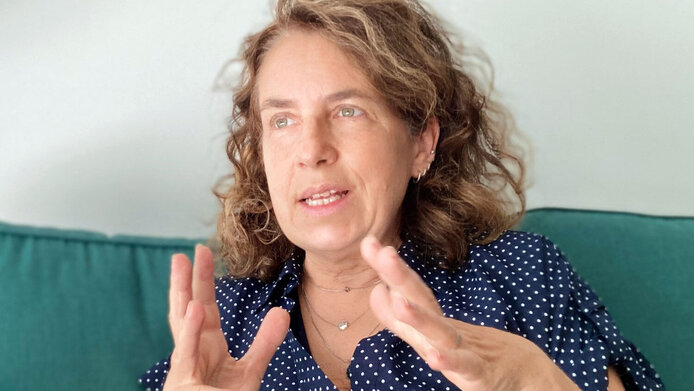So the project will try to answer the question of why skepticism and the loss of trust in facts are on the rise?
Farkas: The answer to this is going to be very complex and to a large extent will have to be looked at by social scientists and historians, economists, and people from other disciplines. The way we are trying to contribute to this is by analyzing what happens exactly when people lose this faith. One part of the project, for example, deals with what happens when people are skeptical about the notion of truth. When I say to people outside philosophy that knowledge is a grasp of truth, often the reaction I get is: How do you know what truth is? People argue that truth is relative. They have the feeling that it is a kind of imperialist and oppressive attitude to say that there is one truth. At the same time, people do not question truth when they are putting forward their individual beliefs. So, one part of the project is trying to understand how this is possible.
And how we can counteract that notion?
Farkas: Yes, that’s a very important element, one that we have to consider in the educational context, i.e. how we transfer knowledge, given that knowledge itself has changed. Part of our project therefore focuses on concrete activities, like contributing to high school curricula and supporting critical thinking in early school education. We also plan to develop adult education courses. A possible topic of interest here is the advantages and challenges of AI. So educational outreach is a very important part.
We also will be organizing public events in all of the four cities where the project is based. Our experience is that people are very interested in philosophy if it is formulated in the right way. We do believe in the spirit of the Vienna Circle, that research is going to be the best way to solve the crisis we face, and this is what we are trying to contribute to: How scientists can better reach the public, politicians, and decision makers and make a difference.






